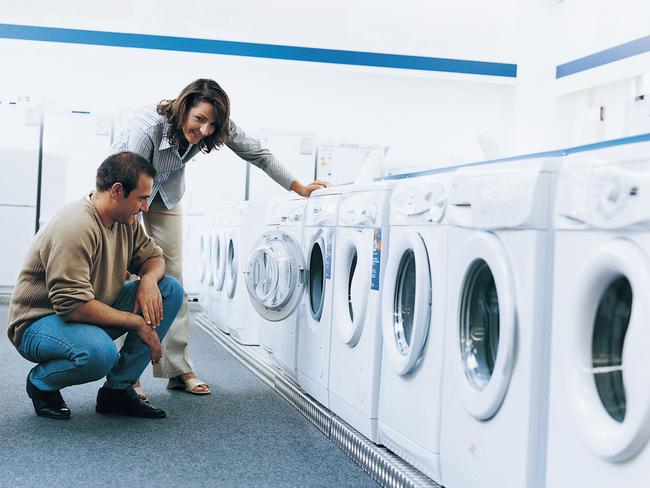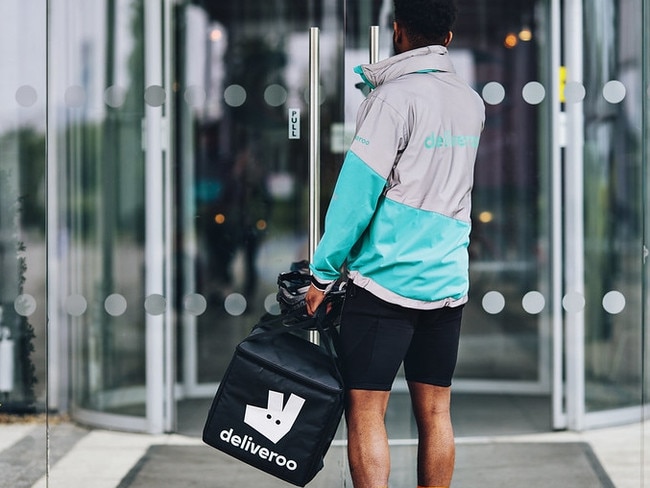Desperate steps we’re taking to beat inflation
From cutting back on essentials to selling personal items, Aussies are resorting to drastic measures to cope with the rising cost of living. VOTE, HAVE YOUR SAY
National
Don't miss out on the headlines from National. Followed categories will be added to My News.
Australians are cutting back on life essentials such as car repairs and health insurance as inflationary pressures bite – but at the same time many are rushing to buy things now out of fear prices will only skyrocket further, new research has revealed.
The nationwide survey by consumer research firm Toluna found inflationary fears are so bad one in ten of us are now seeking additional sources of income, and that figures rises to 18 per cent for those aged 18-34. Nearly one in six younger Aussies (16 per cent) are selling personal items in order to increase cash flow.
Spiralling costs are prompting many of us to curb spending on takeaway food and coffee, and mobile phone plans, but the squeeze is forcing others to scrimp on more important items.

Nearly one in seven of the 1005 survey respondents (14 per cent) said they were delaying spending on their car’s general maintenance and repairs, and one in ten said they were reducing their health, home or life insurance coverage to pay lower premiums.
Concerns about costs are putting many off spending on larger items such as mobile phones or home appliances, but the squeeze is having the completely opposite effect on other Australians, with one in four saying they are buying items now out of concern prices will only skyrocket further.
Australian Bureau of Statistics data released this week showed retail sales were at record levels in June with $34.2 billion spent in stores and online – an increase of 12 per cent on a year ago.
Clothing and accessories sales were up 26.5 per cent, year on year, while department stores were up 15.4 per cent and household goods were up 9.3 per cent.
Australian Retailers Association (ARA) CEO Paul Zahra said the record figures reflected higher prices consumers were paying, rather than an increase in sales volume.
“We also know that consumers are feeling anxious with the rising cost of living and interest rates and that is likely to impact spending in the coming months as mortgage repayments increase, and as Australians start to tighten their household budgets,” Mr Zahra said.

The ARA’s Chief Industry Affairs Officer Fleur Brown said it was clear that with inflation at 6.1 per cent, it was having an impact on how many Australians shop.
“We’re yet to reach the peak of inflation, so with more pain on the way for consumers, it’s no surprise to see some savvy shoppers locking in their purchases early,” Ms Brown said.
“Consumer confidence continues to drop each month and the economic outlook has many consumers on edge, so people are stretching their dollar as much as possible.”
CreditorWatch chief economist Anneke Thompson said food and beverage, arts and entertainment were the areas where most Australians would look to cut spending first.


“These sectors both rely on consumers’ discretionary spend budgets. With inflation rising in the non-discretionary sector much faster than the discretionary (7.6 per cent versus 4.0 per cent over the year to June 2022), consumers have less to spend on non-essential items,” Ms Thompson said.
Toluna’s research revealed nearly one in five Aussies (19 per cent) are “extremely” concerned about paying their mortgage, 23 per cent have cancelled or delayed travel plans, and 68 per cent believe we are heading toward a recession.
Toluna director Sej Patel said the survey showed Australians were “doing everything they can to cut back and financially safeguard themselves as much as possible – delaying travel, driving less, eating in, and putting off any unnecessary spending”.
More Coverage
Originally published as Desperate steps we’re taking to beat inflation





